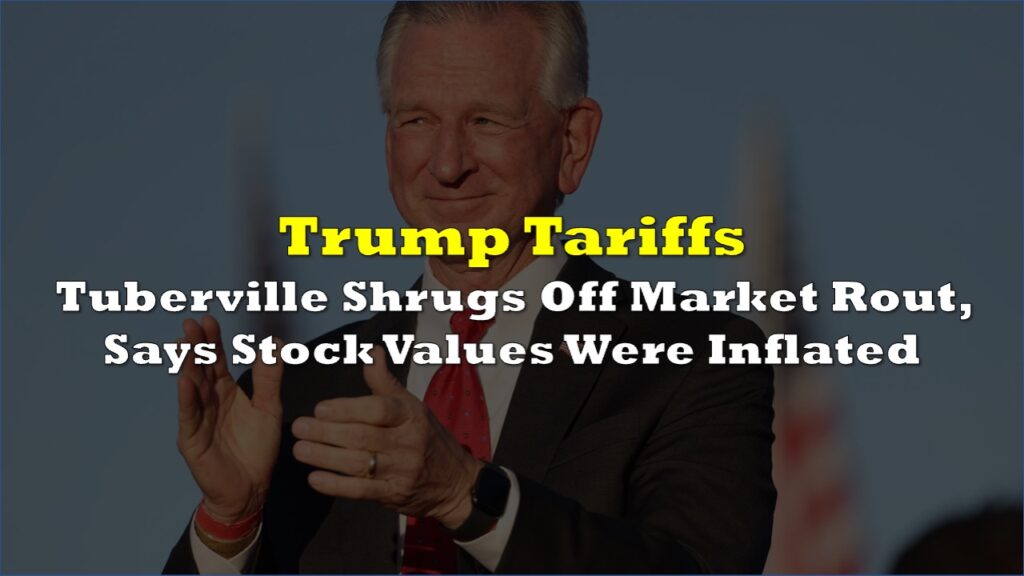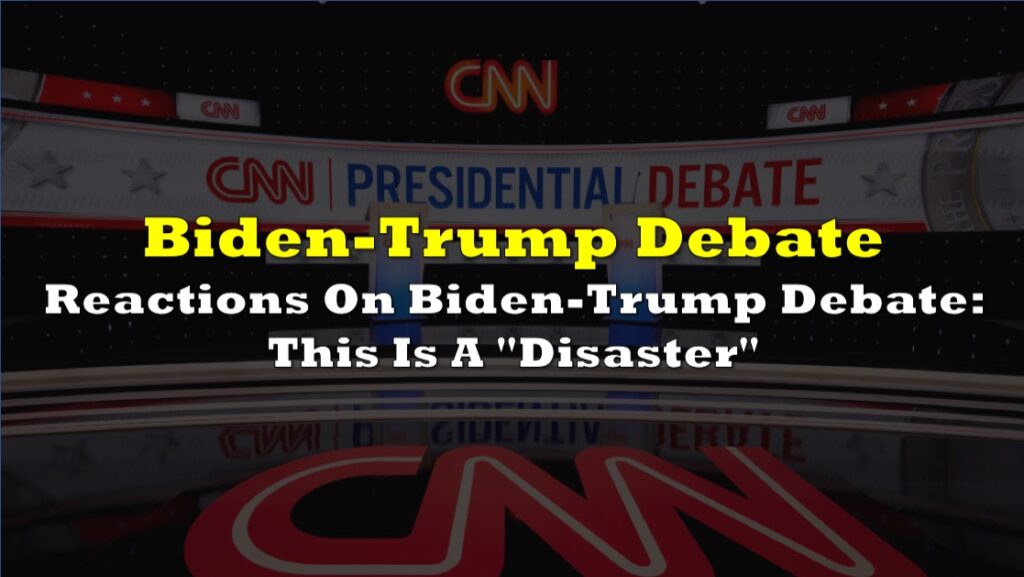Former President Donald Trump suggested Tuesday that his political adversaries could face prosecution if he wins the 2024 presidential election. This comes in the wake of his conviction on 34 felony counts in Manhattan, a case he has consistently denounced as politically motivated.
Trump’s remarks underscore the escalating political tensions and the potential for further politicization of the U.S. justice system. Last week, Trump was found guilty of charges related to hush money payments, a decision that has further polarized an already divided electorate.
Speaking on Newsmax, Trump warned, “It’s a terrible, terrible path that they’re leading us to, and it’s very possible that it’s going to have to happen to them. Does that mean the next president does it to them? That’s really the question.” He emphasized that his political retribution plans, including possibly targeting US President Joe Biden, are central to his campaign.
Trump’s allies are vocally supporting his stance. Steve Bannon, a key figure in the MAGA movement, has openly discussed the prospect of prosecuting Manhattan District Attorney Alvin Bragg, who brought the charges against Trump. “Of course [Bragg] should be — and will be — jailed,” Bannon stated, highlighting various legal avenues such as the 14th and 4th Amendments and other laws to pursue this goal.
The 4th Amendment safeguards citizens against unreasonable searches and seizures by the government, ensuring that any warrant issued must be judicially sanctioned and supported by probable cause. The 14th Amendment, ratified in 1868, addresses citizenship rights and equal protection under the law, mandating that no state shall deny any person within its jurisdiction the equal protection of the laws, nor deprive any person of life, liberty, or property without due process.
House Republicans are also gearing up for action. House Judiciary Chairman Jim Jordan announced plans to propose an appropriations package aimed at defunding state and federal prosecutors involved in politically sensitive investigations. This includes Bragg, Special Counsel Jack Smith, and Fulton County District Attorney Fani Willis.
Public reaction
The reaction among voters is mixed. A YouGov poll conducted after Trump’s conviction found that 27% of voters are less likely to support him, while 26% are more likely to back him, with 39% indicating the verdict makes no difference. However, 50% of Republicans say they are more likely to vote for Trump following the conviction.
Biden, speaking at a fundraising event in Greenwich, Connecticut, denounced Trump’s attacks on the justice system. “For the first time in American history, a former president that is a convicted felon is now seeking the office of the presidency,” he said. He warned that Trump poses an even greater threat to the American system of justice if elected for a second term.
Historically, a few convicted felons have sought the U.S. presidency, though none have come close to winning. The most notable example is Eugene V. Debs, a five-time presidential candidate for the Socialist Party of America. Debs was convicted in 1918 under the Espionage Act for his anti-war speech during World War I. Despite being imprisoned, he ran for president in 1920 and garnered nearly a million votes. His campaign was a protest against the suppression of free speech and an effort to highlight the plight of political prisoners.
Another significant figure was Lyndon LaRouche, a perennial candidate who ran for president eight times between 1976 and 2004. LaRouche was convicted in 1988 of mail fraud and conspiracy to defraud the Internal Revenue Service and served five years in prison. His convictions did not deter him from running subsequent campaigns, although he never achieved significant electoral success.
The political landscape remains highly volatile. Trump’s conviction has not only galvanized his base but also intensified calls for political retribution, potentially setting a precedent for future administrations. The House Judiciary Committee’s upcoming hearing with Bragg and his prosecutor, Matthew Colangelo, on June 13 will likely be a pivotal moment in this ongoing saga.
Political analysts are divided on the implications of Trump’s threats. Some warn of a dangerous escalation in political warfare, while others see it as a reflection of deep-seated frustrations within the GOP base.
Information for this briefing was found via Axios and the sources mentioned. The author has no securities or affiliations related to this organization. Not a recommendation to buy or sell. Always do additional research and consult a professional before purchasing a security. The author holds no licenses.









